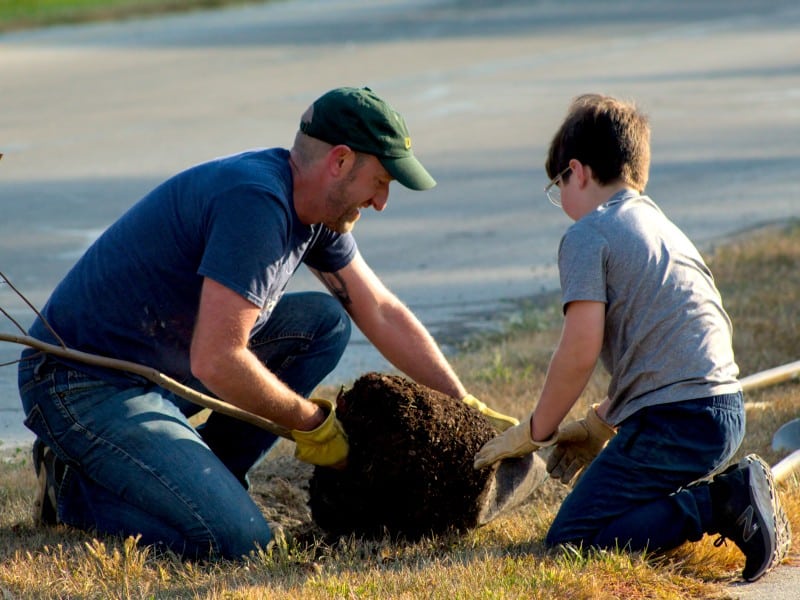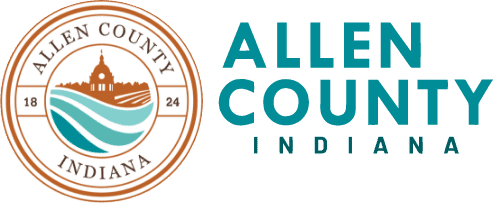How does trade with China affect recycling in Allen County?
The answer might not be as bad as you think.
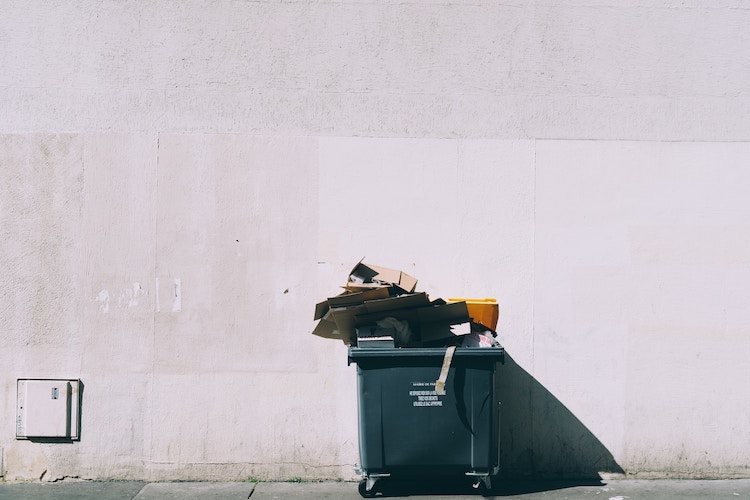
As global trade talks between China and the United States heat up, America’s recycling system is taking a hit.
But with all the talk, you might be finding it difficult to figure out exactly how this affects your recycling Allen County.
As a member of the Allen County Department of Environmental Management, I will do my best to explain it to you from my perspective, of course.
Let’s start with a little history. China had been the recipient of most of the recyclables that United States businesses and residents put into their recycling bins for a long time.
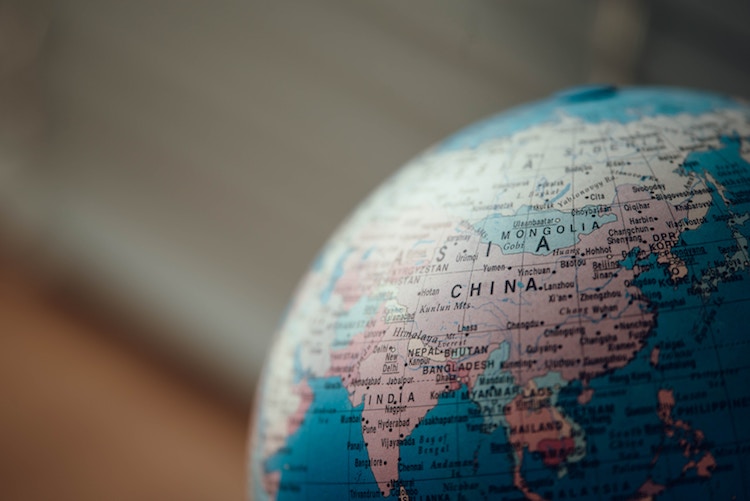
For years, it was cheap and easy to bundle up our recycling and send it overseas to be cleaned, processed, and used to manufacture new items. This is because China has the cheap labor and lax environmental laws that make it cost effective to ship our plastics, cardboard, and metals there in pretty bad shape. (They would take basically anything.)
As a result, toxic and often dangerous materials were sometimes mixed in with our recycling while the methods used to process our containers and boxes were also pretty toxic and dangerous, by themselves.
In an effort to change this, President Xi Jinping of China instituted what some called the “Green Fence” in 2013, placing tougher regulations on imported recyclable materials. Then came a set of standards dubbed the “National Sword” in 2017, which got even stricter on the amount of contamination from other materials that is allowed in recycling sent to China.
We now find ourselves at a point where the requirements for quality are so high that they are not attainable by most companies collecting recycling in the US. So many of these companies are now left with no market for their recyclables, and that is a huge problem from one perspective.
But if you are a Chinese citizen, you may know this initiative by a different, more inspiring name: “Beautiful China.” It is a part of an effort “to create good working and living environments for our people and play our part in ensuring global ecological security,” said Xi last year.
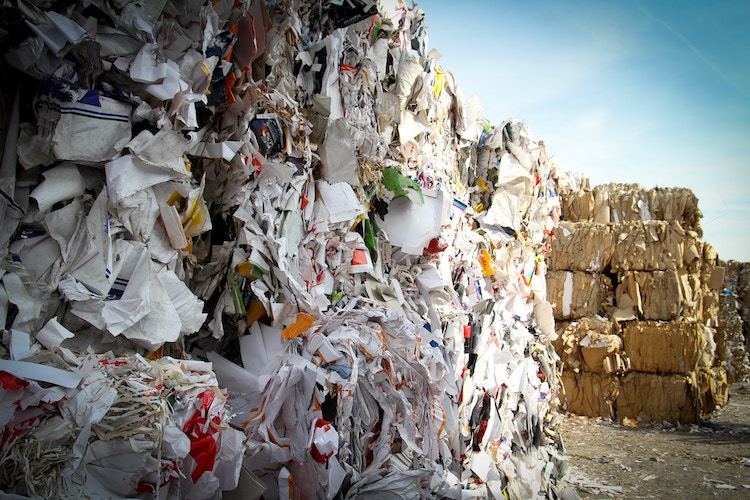
Given the astonishingly high levels of water and air pollution reported in many parts of China, this latest initiative is probably a really good thing for the world from that perspective.
Escalating trade tensions between the US and China make it unlikely that China will relax the regulations on the import of our recycling any time soon.
So what happens to all of those unrecyclable materials from the US? That’s our opportunity to figure something out.
Our country needs to develop domestic markets for our recycling by manufacturing items from these materials. We need improved technology to sort and process our recycling. And if we can figure something out, then we have the opportunity to create jobs and economic development here using our old bottles and boxes.
As the supply of unrecyclable materials continues to pile up at recycling facilities, it will take time to catch up to the demand part of the equation, but that shouldn’t keep us from coming up with a solution—or doing everything we can to mitigate recycling issues in the meantime.
You should definitely continue to recycle at your home and business in Allen County, and use this time as a reminder to brush up on the recycling rules in your local area.
We all need to do our part to ensure a clean recycling stream. If you are “recycling right,” there is more value in the materials you’re getting rid of, and they are more likely to be sold and made into new items.
Just make sure everything you toss into the recycling bin is clean, dry, and clearly marked with a recycling number. If you are unsure, err the safe side, and throw it away.
In Allen County, we can reliably recycle steel and aluminum cans, plastic #1 and #2, cardboard, paperboard, and paper. There should be no food left on these items, and nothing else should be mixed into your recycling unless it is explicitly allowed by your recycling company.
There are specialized programs for many items through various agencies. I would be happy to help with any questions in that regard or explain another aspect of our recycling system in a future blog.
As always, all you have to do is ask.



